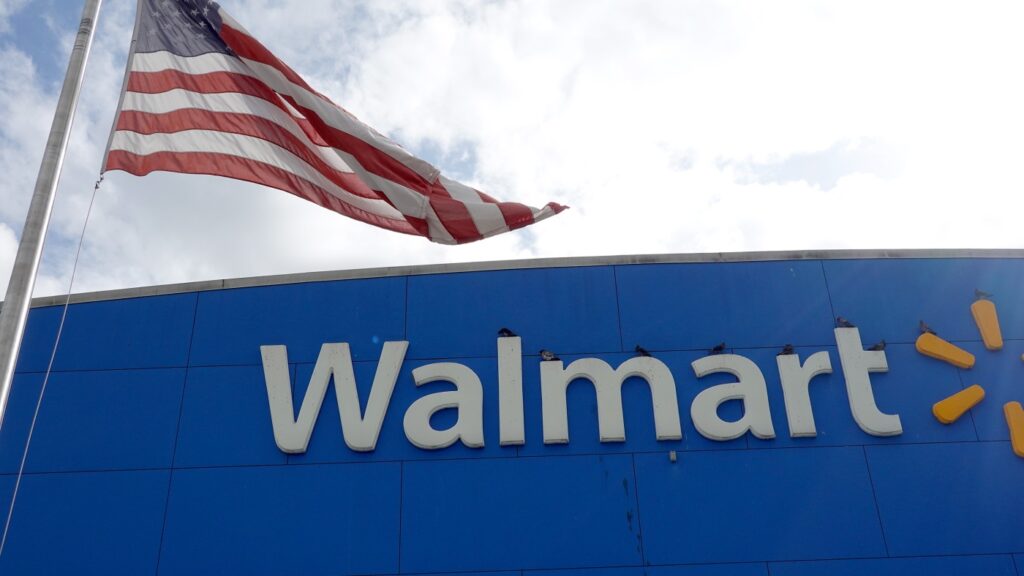In the aftermath of George Floyd’s murder, corporate America swiftly pledged significant investments to combat racism and enhance diversity, with companies like Walmart dedicating millions towards racial equity initiatives. However, the tide has turned, and many companies, including Walmart, Amazon, and Facebook, are retracting these commitments amid mounting political and legal pressures against diversity, equity, and inclusion (DEI) programs.
Critics, such as social-media influencer Robby Starbuck, have intensified their attacks on DEI, gaining momentum after the Supreme Court overturned affirmative action in 2023. President Trump’s executive orders further fueled the backlash against DEI, labeling such programs as discriminatory and divisive. This shift has prompted a reevaluation of DEI efforts in corporate America, with some experts pointing out the lack of foresight in initial pledges and the overemphasis on the supposed financial benefits of diversity initiatives.
While the business case for diversity may not always directly impact financial outcomes, experts argue that the ethical case for DEI is strong. Companies like Costco and JPMorgan Chase continue to champion DEI efforts, framing them as integral to their values and morals rather than just profit motives. Despite the challenges and criticisms, some companies are evolving their approach to DEI, recognizing the need for more thoughtful and effective strategies to promote fairness and inclusivity in the workplace.
As DEI programs face scrutiny and potential rebranding, the future of diversity initiatives in corporate America remains uncertain. However, experts like Paradigm CEO Joelle Emerson remain optimistic, viewing the current shifts as an evolution towards more impactful and sustainable DEI practices, regardless of the acronym used.

